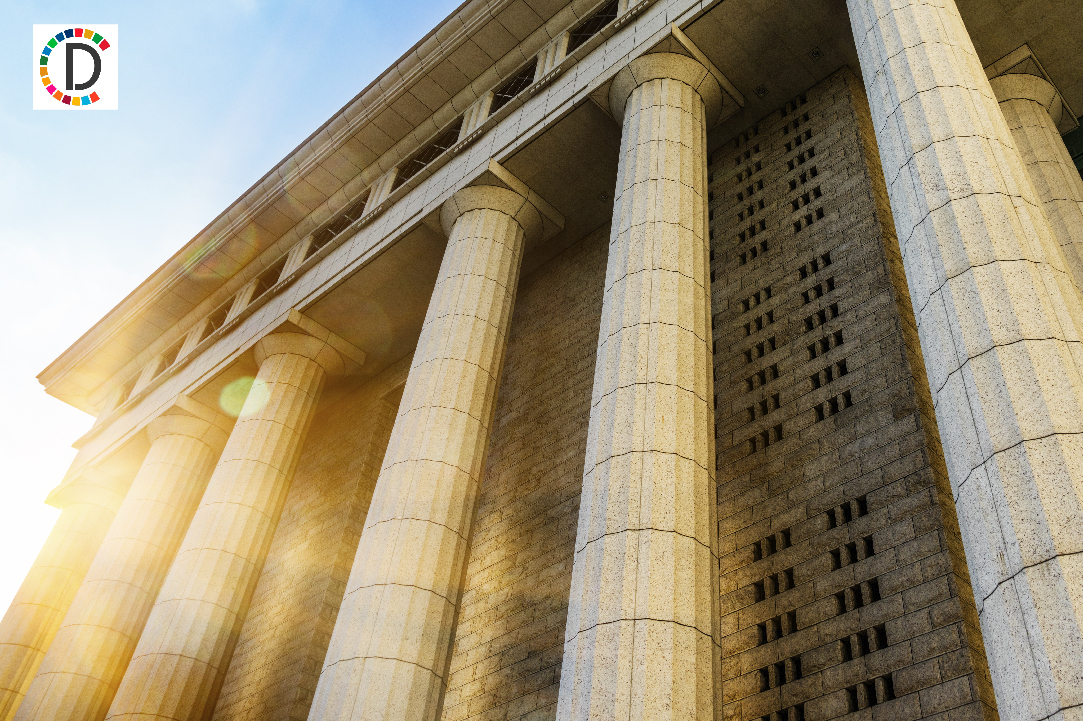UPDATE 2-Mexico's judicial election turnout likely around 13%, electoral authority says
Mexicans on Sunday took part in the country's first ever judicial elections, voting for 2,600 judges and magistrates, including all Supreme Court justices.

Turnout for Sunday's judicial election was likely between 12.57% and 13.32%, Mexico's INE electoral authority said on Monday, adding that thousands of officials across the country are working to verify the votes cast by citizens.
Counting is set to conclude on June 15, but INE officials estimated the turnout using a calculation based on several samples across the country. Mexicans on Sunday took part in the country's first ever judicial elections, voting for 2,600 judges and magistrates, including all Supreme Court justices. Pollsters had warned of poor turnout over boycott calls by the opposition and the complexity of voting for a large number of candidates.
"The voting took place in a climate of peace and tranquility across the length and breadth of the country," Interior Minister Rosa Icela Rodriguez told a morning press conference. "Yesterday's turnout at the polls met expectations," she added. "It was an innovative process that generated interest among the participants."
President Claudia Sheinbaum in a video message late on Sunday called the vote "a complete success." "Close to 13 million Mexicans went out to exercise for the first time in history their right to decide who should be the new ministers, magistrates and judges."
Mexico has a population of around 130 million, of which around 100 million were over 18 and eligible to vote, according to INE. Voting is not mandatory and there is no minimum turnout required to legitimize an election. Goldman Sachs' chief Latin America economist, Alberto Ramos, said in a note that the low turnout took away from the process' legitimacy, and that the pre-selection process and logistical organization were "fraught with controversy."
"The vast majority of the roughly 3,400 candidates were largely unknown, many have limited legal experience and some questionable credentials for the seats they are seeking," he said. Bradesco analyst Rodolfo Ramos said he considered the turnout surprisingly low, "considering Sheinbaum's high approval rating and the fact that the majority of Mexicans were in favor of directly voting for judges."
Sheinbaum, who inherited the judicial election project from her predecessor and mentor, former President Andres Manuel Lopez Obrador, has backed the vote as a way to democratize justice and root out corruption and nepotism. However, critics say it could remove checks and balances on the executive power and allow for organized crime groups to wield greater influence by running their own candidates.
The run-up to the vote had been dominated by a scandal over some of the candidates, including a convicted drug smuggler and a former lawyer of drug kingpin Joaquin "El Chapo" Guzman. Late on Sunday, Mexico's Specialized Prosecutor's Office for Electoral Crimes said it had received 23 reports of possible electoral crimes related to the elections of nearly 900 positions at the federal-level judiciary.
(This story has not been edited by Devdiscourse staff and is auto-generated from a syndicated feed.)
ALSO READ
Pakistani National Challenges Visa Revocation in India's Supreme Court
Supreme Court Urges Swift Resolution of Prolonged Landlord-Tenant Disputes
Historic Election: Hugo Aguilar Becomes Mexico's First Indigenous Supreme Court Justice in 170 Years
Pakistani National in Goa Challenges Visa Revocation in Supreme Court
Supreme Court Eases Path for 'Reverse' Discrimination Claims










